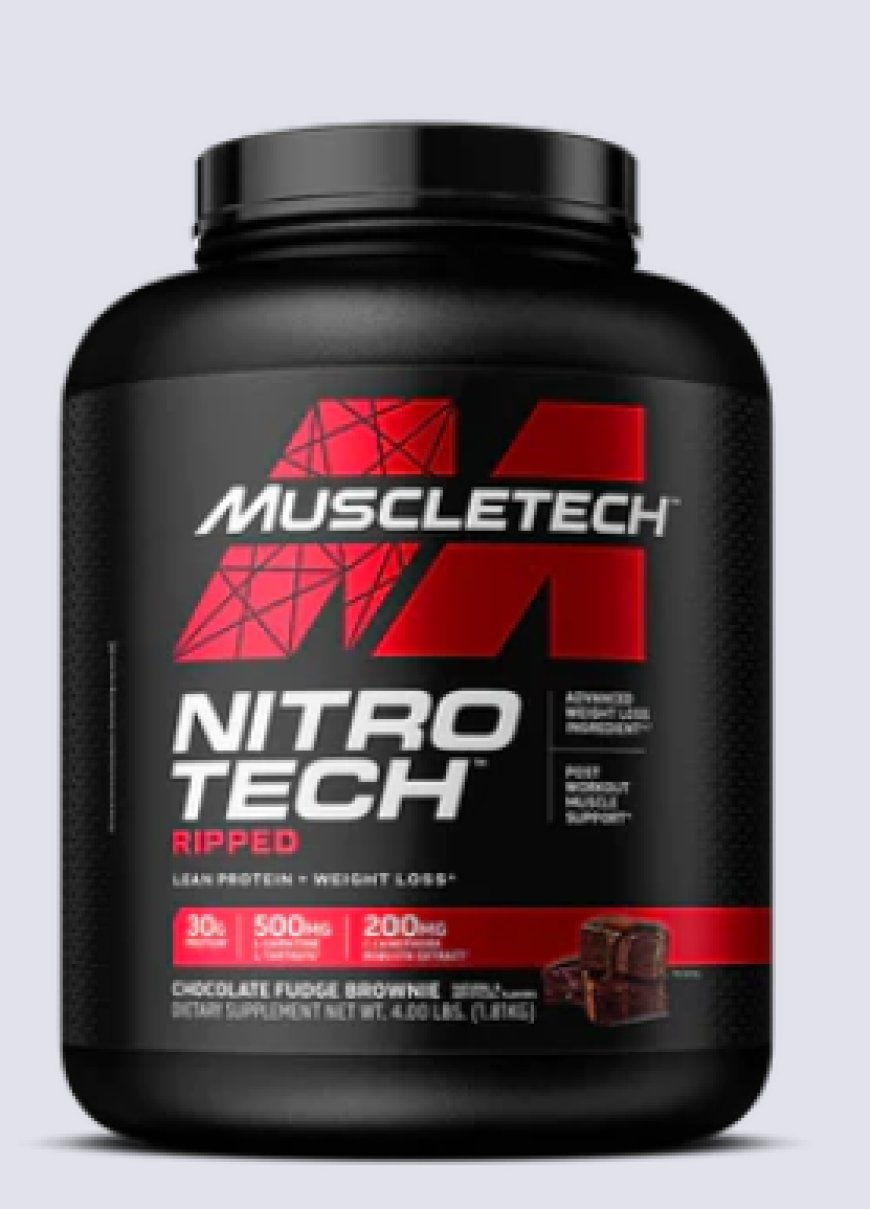Mass Gainers vs Whey Protein: Which One Do You Really Need?

When it comes to building muscle and enhancing physical performance, the choice between mass gainers and whey protein often arises. Both supplements serve distinct purposes, but how do you know which one is right for you? Let’s break it down into 10 points, exploring the key differences, benefits, and when to choose each one.
1. Understanding the Basics: What Are Mass Gainers and Whey Protein?
Mass gainers are high-calorie supplements designed for people who struggle to gain weight or muscle mass. They contain a blend of carbohydrates, proteins, fats, vitamins, and minerals, providing a calorie-dense solution to fuel muscle growth and recovery.
On the other hand, whey protein is a more straightforward supplement focused primarily on protein intake. Derived from milk, whey protein is low in carbs and fats and is ideal for those looking to boost protein consumption without excessive calories. Its primary purpose is to aid in muscle repair and growth post-workout.
2. Caloric Content: Which Offers More?
Mass gainers are packed with calories. A typical serving can provide anywhere from 500 to 1,200 calories depending on the brand and formulation. This makes them perfect for individuals who find it difficult to consume enough calories through regular meals alone.
Whey protein, however, is much lower in calories, usually ranging between 100 to 150 calories per serving. This makes it more suitable for individuals who want to manage their caloric intake while still getting a sufficient amount of protein to support muscle recovery.
3. Protein Composition: How Much Protein Do You Get?
Mass gainers typically offer 20-30 grams of protein per serving, but the focus is on a balanced ratio of macronutrients. The large carbohydrate content often overshadows the protein, making it a tool for overall weight gain rather than purely muscle-building.
Whey protein, on the other hand, offers a concentrated dose of protein, typically around 20-25 grams per serving with minimal fats and carbs. For those solely focused on muscle recovery and growth, whey protein is a more direct source without the added calories from other macronutrients.
4. Who Should Use Mass Gainers?
Mass gainers are ideal for individuals who have a fast metabolism or are classified as “hard gainers.” These people often struggle to consume enough calories through regular meals due to busy schedules or a naturally low appetite. If you're someone looking to gain both muscle mass and overall body weight, mass gainers can be a convenient way to meet your daily caloric needs.
For athletes engaged in intense training or individuals looking to bulk up quickly, mass gainer protein powder provides a caloric surplus that can help meet their demanding energy needs. However, those with slower metabolisms or those trying to lose fat should avoid mass gainers due to their high calorie content.
5. Who Should Use Whey Protein?
Whey protein is best suited for individuals who are looking to improve muscle recovery and growth without gaining excess fat or weight. This includes athletes, bodybuilders, and regular gym-goers who want a quick and effective post-workout protein source without the added calories from carbs or fats.
It's also ideal for those on a weight loss journey or those trying to maintain lean muscle while cutting down on body fat. Since whey protein helps in muscle repair without adding unnecessary calories, it supports muscle retention during fat loss phases.
6. Timing and Usage: When Should You Take Them?
Mass gainers are best consumed during periods when you need to increase your overall caloric intake. This could be in between meals or immediately post-workout to maximize the anabolic window for muscle recovery and growth. Some people may also consume mass gainers before bed to sustain the body with calories during the overnight fasting period.
Whey protein, on the other hand, is usually taken post-workout, as it’s quickly absorbed by the body and delivers amino acids to the muscles when they need it the most. It can also be consumed at any time during the day when protein intake is low, making it a versatile supplement for various fitness goals.
7. Digestibility and Tolerance: Which Is Easier on the Stomach?
Due to the high carbohydrate and fat content in mass gainers, they can sometimes be heavy on the stomach, leading to bloating or discomfort, especially for those with sensitive digestive systems. The inclusion of dairy-based proteins and lactose can also be problematic for individuals with lactose intolerance.
Whey protein, particularly when in isolate or hydrolysate form, is easier to digest and less likely to cause gastrointestinal issues. Whey isolate contains minimal lactose, making it a better option for those who are lactose intolerant but still want the benefits of a fast-digesting protein source.
8. Micronutrient Content: More Than Just Protein and Carbs?
Mass gainers often include a broader range of micronutrients such as vitamins, minerals, and even digestive enzymes to help process the large amounts of calories. These additional nutrients can be beneficial for overall health and recovery, especially if your regular diet is lacking in essential vitamins and minerals.
Whey protein supplements usually don’t come with significant amounts of vitamins or minerals. They focus primarily on providing a clean source of protein with little else. However, some brands do fortify their whey products with added BCAAs or glutamine to support muscle recovery.
9. Cost-Effectiveness: Which One Is More Budget-Friendly?
Mass gainers, due to their higher calorie and macronutrient content, tend to be more expensive than whey protein on a per-serving basis. However, considering the calories provided per dollar, mass gainers may offer more value for someone specifically looking to increase their overall caloric intake.
Whey protein is generally more affordable per serving but may not offer the same calorie-per-dollar value as mass gainers. For individuals focused on muscle recovery and protein intake without the need for extra calories, whey protein is the more economical choice.
10. Which One Is Right for You?
The decision between mass gainers and whey protein comes down to your individual fitness goals. If your aim is to increase overall body mass and you struggle to eat enough calories, mass gainers can provide the extra energy you need to fuel muscle growth. However, they come with the risk of gaining fat alongside muscle if not used carefully.
On the other hand, if you’re focused on building lean muscle or simply improving recovery after workouts, whey protein is a better option. It provides the necessary amino acids for muscle repair without the added calories, making it suitable for both muscle building and fat loss goals.
Choosing between mass gainer protein and whey protein depends on where you are in your fitness journey and what you aim to achieve. Both supplements have their strengths, and understanding their differences will help you make a more informed decision to meet your nutritional needs.
What's Your Reaction?



















